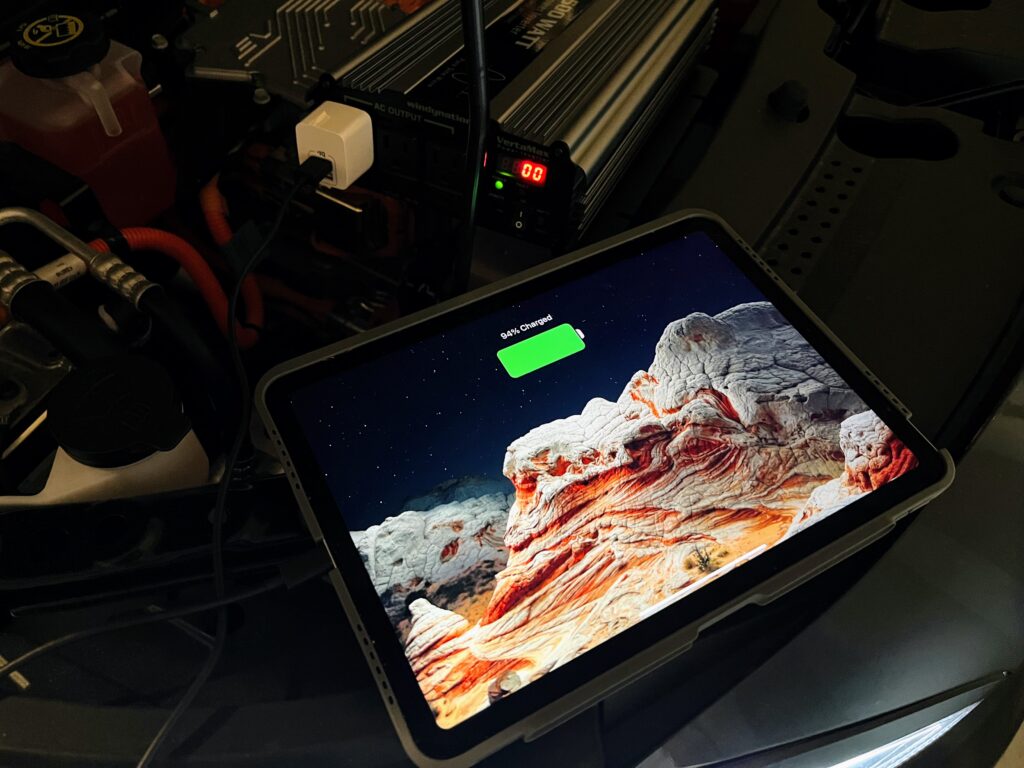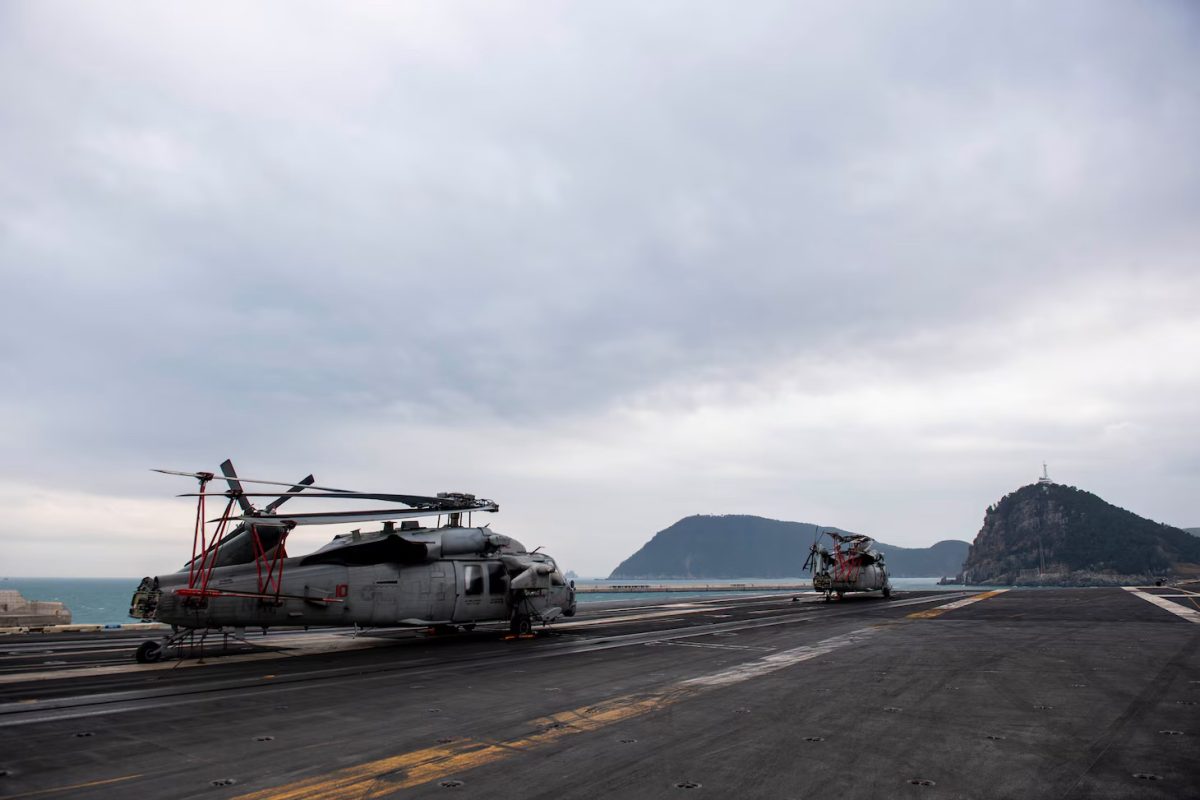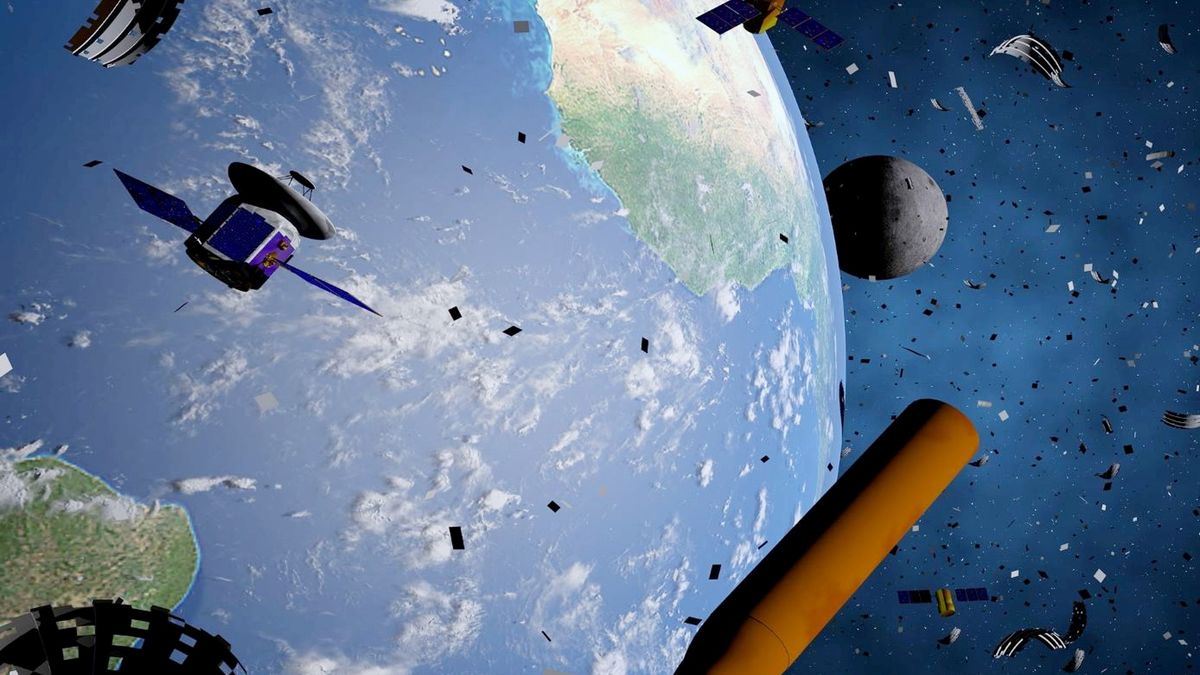When two rival generals turn a city of five million people into a battleground for their personal power struggles, as has happened in Sudan, the civilian population pays a heavy price.
Since violence first broke out in the capital city of Khartoum on April 15, many residents have been trapped in their homes as fighters occupy central neighborhoods, firing from rooftops and buildings at planes flying overhead. The situation has left the city in a state of chaos, with intermittent electricity, food and water shortages, and reports of looting and robbery.
Both Sudanese and foreigners have been fleeing the country in droves, with over 1.4 million people displaced and 360,000 crossing into neighboring countries like Egypt, Ethiopia, and South Sudan, according to the United Nations Refugee Agency. Meanwhile, thousands have fled to the port city of Port Sudan, hoping to escape on boats headed to Saudi Arabia.
As rival generals vie for dominance, the clashes between the Rapid Support Forces, a paramilitary group, and the Sudanese Army have rapidly reordered the country in recent months.
However, these violent power struggles have dashed hopes that Sudan, Africa’s third-largest country by area, with a population of more than 45 million, would soon usher in civilian rule.
Although multiple cease-fires have been agreed to by both sides, they have been regularly violated, and fighting has persisted. The United States and Saudi Arabia announced on June 1 that they had decided to suspend talks that they had been facilitating between the two sides in Jeddah, Saudi Arabia, “as a result of repeated serious violations” of previous cease-fire agreements.
Here’s a closer look at what’s happening in Sudan.
Where Is the Fighting Taking Place?
Most of the fighting currently appears to be concentrated in Khartoum and the western region of Darfur. The army, with access to planes, largely controls the country, including Port Sudan. However, most of central Khartoum is under the control of the Rapid Support Forces, according to experts.
Sudanese officials report that over 865 civilians have been killed in the fighting, with more than 5,000 injured. These figures cannot be confirmed and are likely higher.
Large-scale violence in Khartoum has left many residents stranded at home without access to basic necessities such as electricity or water. Moreover, doctors and hospitals have reported that they are struggling to provide medical care in the midst of the fighting. There have been reports of fighting near the presidential palace, and it remains unclear who, if anyone, is currently in control of Sudan.
Aid workers and diplomats, who were generally able to stay out of previous tensions in Sudan, have now found themselves targeted in the current conflict.
Who Are the Rival Generals?
One of the two main rival factions is led by Gen. Abdel Fattah al-Burhan, a powerful military commander who has effectively led Sudan for years.
General al-Burhan was little-known prior to 2019. He was closely aligned with Sudan’s long-time ruler, President Omar Hassan al-Bashir, and rose to power in the tumultuous aftermath of the uprisings that led to al-Bashir’s ousting.
Before taking on that role, General al-Burhan served as a regional army commander in Darfur, the site of a conflict that killed 300,000 people and displaced millions more from 2003 to 2008. The conflict was widely condemned for its human rights violations and humanitarian toll.
After civilians and the military signed a power-sharing agreement in 2019, General al-Burhan became the chairman of the Sovereignty Council, a governing body tasked with overseeing Sudan’s transition to democratic rule. However, as the date for the handover of control to civilians approached in late 2021, he proved reluctant to yield power.
General al-Burhan’s primary rival is Lt. Gen. Mohamed Hamdan, who leads the Rapid Support Forces, a powerful paramilitary group.
General Hamdan, formerly of humble origins, first rose to prominence as a commander of the notorious Janjaweed militias, which were responsible for some of the worst atrocities committed during the conflict in Darfur.
In October 2021, General al-Burhan and General Hamdan united to seize power in a military coup, effectively becoming Sudan’s leader and deputy leader, respectively. However, over the past few months, the two generals have fallen out, frequently clashing in public and quietly deploying extra troops and equipment to military bases across the country, including Khartoum.
Why Are Many Countries Invested in the Conflict?
Sudan occupies a crucial position on the African continent, surrounded by seven countries and boasting a substantial coastline along the Red Sea. Given the potential for further instability in the region, many neighboring states are threatened by the ongoing chaos.
Already, the violence has begun spreading deep into Darfur, a region that has experienced its own cycle of conflict for the past 20 years. Several rebel groups call Darfur home and could be pulled into the fight, and the area has served as a base for Russia’s Wagner Group, a private military contractor. Wagner has advised the Sudanese government and gained access to lucrative gold mining operations. Russia has expressed interest in docking its warships at Sudan’s Red Sea coastline.
As Sudan appeared to move towards democracy after years of isolation, the United States lifted its designation of Sudan as a state sponsor of terrorism. In recent months, representatives from the United Nations, African Union, Arab League, and European Union, as well as the United States, have attempted to broker a deal between the two generals and encouraged them to transition to civilian-led government. However, the two have been unable to reach an agreement on how quickly to integrate the Rapid Support Forces into the army, leading to their troops fighting against each other instead.
Charlie Savage, Declan Walsh, and Abdi Latif Dahir contributed reporting.













